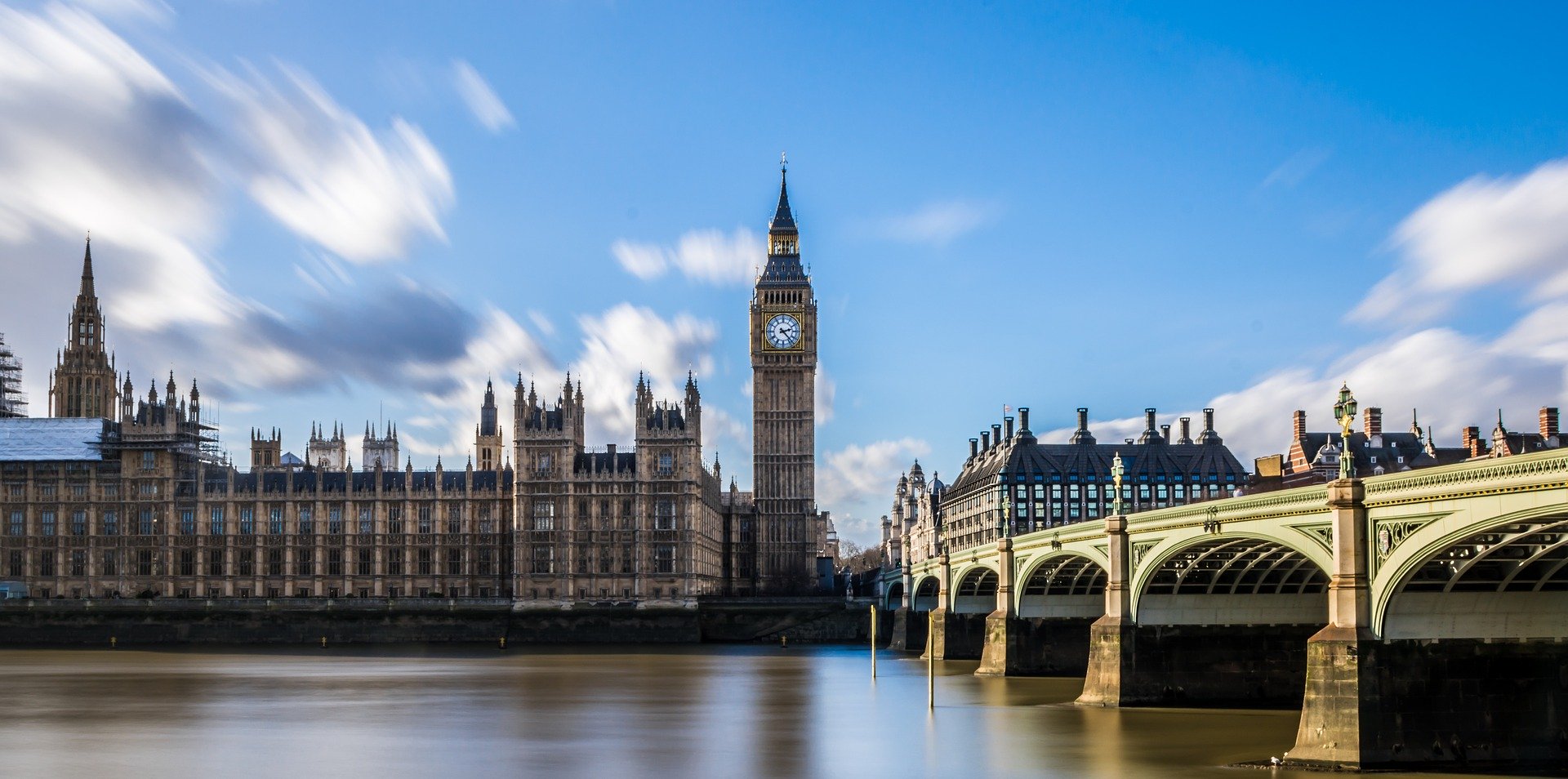The United Kingdom has deferred a plan to install clean air zones in some areas in the cities following the spread of the 2019 novel coronavirus.
Called Clean air zones (CAZ), the projects were supposed to be installed this year in Birmingham, Leeds and Bath, to bar the dirtiest vehicles from urban centres by charges. But due to the outbreak, the plan was now set for implementation by early 2021 as authorities were ordered to focus on combating coronavirus.
The delay was also ordered to ease the travel of key workers such as National Health Services staff as well as essential deliveries.
“Improving air quality remains a key priority for the UK, which is why we have also launched the call for evidence to ensure we can fully understand the impact that coronavirus is having on changes in air pollution emissions, concentrations and exposure,” a government spokeswoman said.
In the UK, air pollution was estimated to cause as much as 40,000 deaths a year. Levels of a key pollutant produced by vehicles, nitrogen dioxide, have been above legal limits in most urban areas for a decade, with the government facing three times defeat in court over the adequacy of its plans.
Apart from CAZs in the three areas, a zero-emission zone and a consultation for CAZ in Manchester were also postponed until summer next year.
In London, meanwhile, congestion charge, low emission zone (LEZ), and ultra-low emission zones were all ordered suspended while a tightening of the LEZ had been pushed back by four more months.
“The national response to the current public health emergency has already impacted on a range of public functions at both local and national level and will continue to do so,” the government’s Joint Air Quality Unit said in a letter to its shareholders.
“In order to provide certainty to those affected by CAZs, we will work with local authorities to delay introducing CAZs until after the Covid-19 outbreak response,” it added.
Jenny Bates, who represents Friends of the Earth, said that the government should have required CAZs in its 2017 plan, but instead only asked councils to consider them along with other measures.
“They could have been already in place. As we come out of this terrible situation, we must think about what infrastructure we invest in: public transport, as well as cycling and walking, must be the priority, not more roadbuilding,” she said.
Many other cities and towns such as Sheffield and Bristol, are mulling over the installation of CAZs, but councils in Coventry, Derby and Nottingham have rejected the idea.




